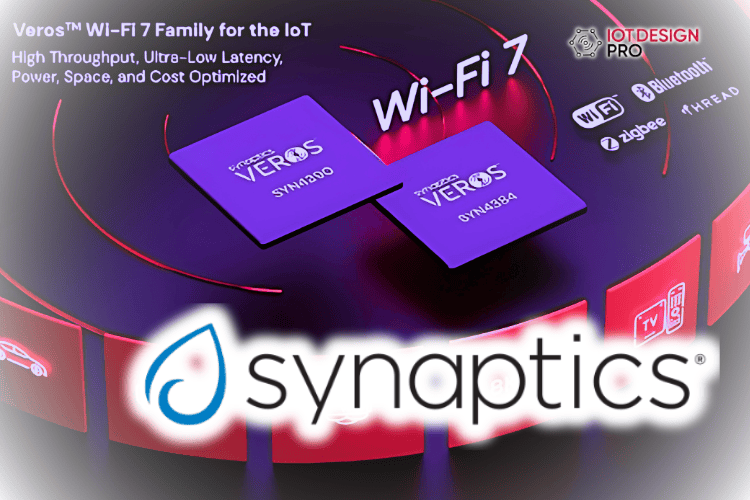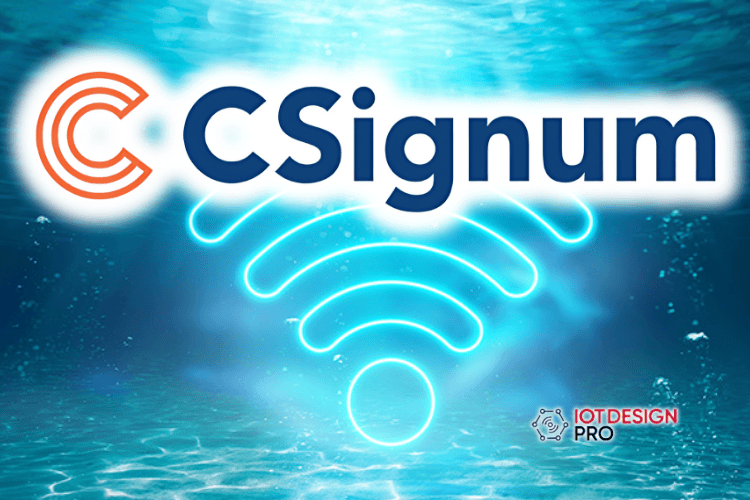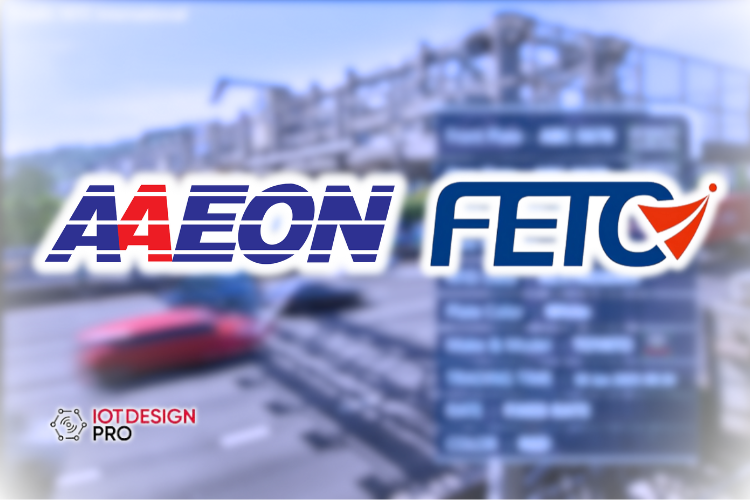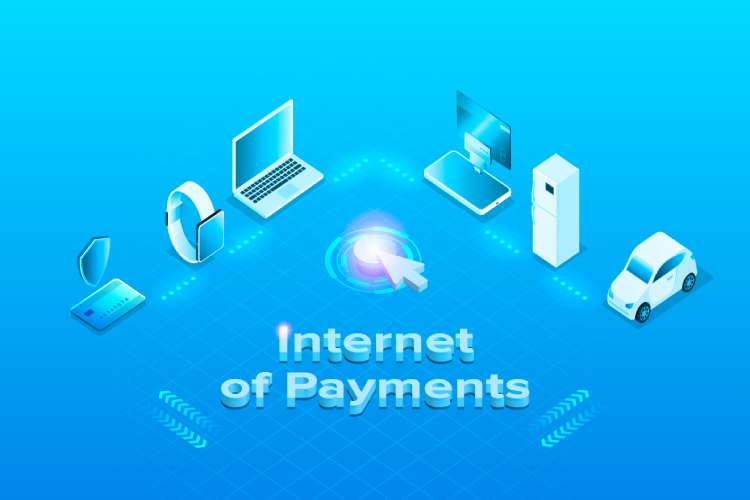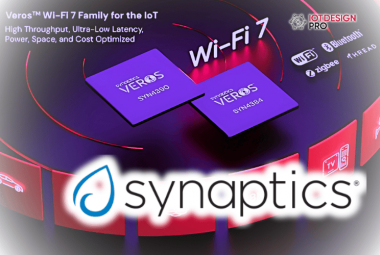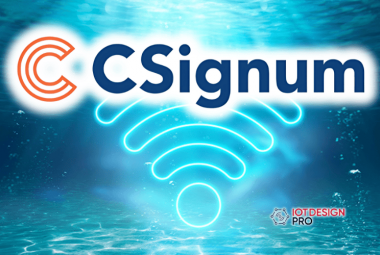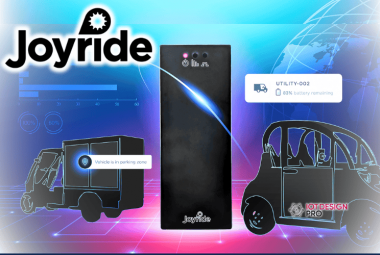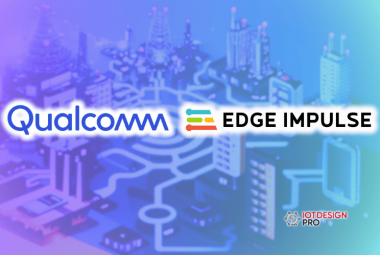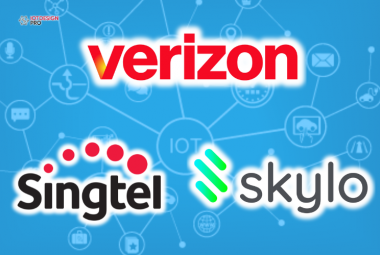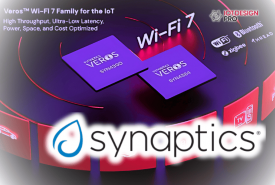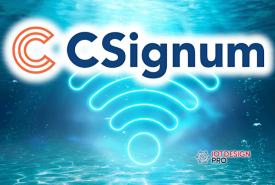IoT is all about connected devices, systems, and sensors, and when it comes to payments, it provides tons of benefits.
The payments ecosystem is transforming at a very fast rate with the help of the Internet of Things. The time of smart payments has arrived, bringing top-notch solutions, which is providing efficiency, convenience, and security. Smart payments represent a noteworthy shift in the way we are handling fiscal transactions, providing secure, and trouble-free payment methods, which leverage IoT technologies. The technology is about connected devices, systems, and sensors, and when it comes to payments, it provides tons of benefits.
Now, the point is what are the major applications of IoT in smart payments. Contactless payments is one such imperative aspect where the IoT backed devices such as mobile apps, contactless payments cards, and wearable devices help people to make payments by tapping their device near a point-of-sale (POS) terminal. Also, in the retail segment, IoT is innovating payment features via smart kiosks and automated checkout. The items can be scanned and payments can be made devoid of conventional checkout measures, offering a seamless shopping experience.
Mobile wallets such as Apple Pay, Google Pay, and Samsung Pay utilizes IoT to provide contactless and secured payments via smartwatches and smartphones. Moreover, in the healthcare segment, IoT is used for insurance claims and billings. The sensors and the devices powered by IoT are used to supervise the health of patients and payments can be done automatically depending on the care offered.
Most importantly, IoT enabled payments are highly convenient. Mobile and contactless payments saves time and removes the requirement of physical payments or cards. On the perspective of security, IoT payments have sturdy security features that comprises tokenization and encryption to protect fiscal data. In fact, biometric authentication systems such as fingerprint and facial recognition makes security stronger. According to an exclusive report of IoT Business News, smart payments streamline the payment process, reducing wait times and making transactions more efficient. This is particularly valuable in high-traffic retail settings.
Keeping aside the benefits, there are dozens of impediments in smart payments ecosystems that need quick solutions. The collection and transmission of sensitive payment data raise concerns about data security. Robust security measures must be in place to protect financial information. Then, the user's personal data must be treated with care, and consent for data collection and usage must be clearly established. IoT devices and systems must be compatible and standardized to ensure seamless data exchange and integration. Common protocols and standards are essential for achieving this.

